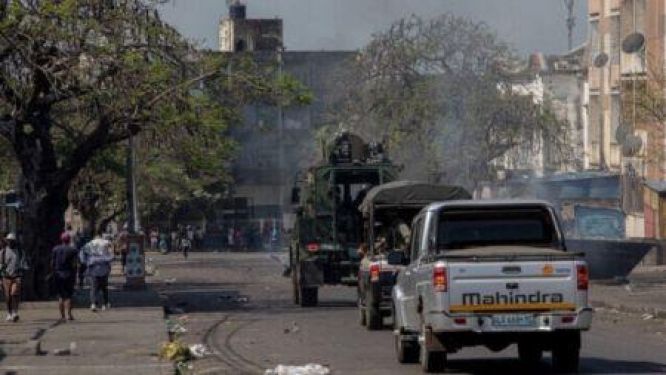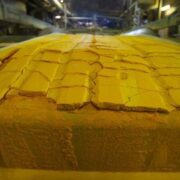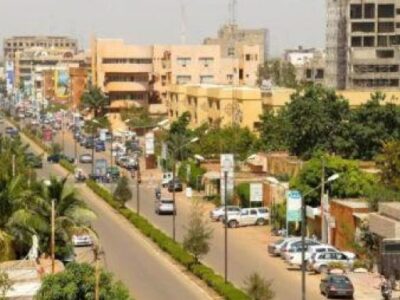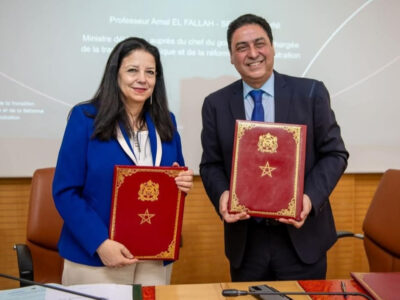
(Ecofin Agency) – Mozambique has been engulfed in deadly protests since October 2024, triggered by the ruling party’s victory in the recent presidential election. This post-election turmoil is compelling companies to halt operations due to escalating security risks and logistical challenges.
On December 12, 2024, Australia’s Syrah Resources, declared “force majeure” at its Balama graphite mine in Mozambique. This was after South32 canceled production forecasts for its aluminum smelter, amid an ongoing crisis exacerbated by logistical issues.
Due to protests in the country, both companies have serious issues accessing their mining sites, and transporting raw materials and staff, while also dealing with operational disruptions such as power outages and road blockages. The protests erupted after the disputed electoral victory of the ruling party, in power since 1975.
The situation at the Balama mine is further complicated by local community protests stemming from longstanding grievances against Syrah Resources. The company acknowledged that resolving these issues will take time, particularly due to the broader unrest across Mozambique and the fact that a new government may not be established before January 2025.
The declaration of force majeure at Balama has hindered Syrah’s planned production campaign for December. In light of declining prices and weak demand for graphite, Syrah had already been implementing a strategy of intermittent production for several months. Meanwhile, South32’s aluminum production forecast of 350,000 tonnes for the financial year ending June 2025 is also jeopardized.
The challenges these companies currently face are likely to exacerbate concerns regarding political risk among mining investors in Mozambique—a country that has experienced a security crisis in Cabo Delgado province for several years. Several mining sites have previously been targeted by terrorist attacks, including the Ancuabe graphite project and a ruby mine owned by Gemrock in 2022.
According to data from the Extractive Industries Transparency Initiative (EITI), Mozambique’s extractive sector—which includes coal, graphite, gold, and hydrocarbons—accounted for 6% of GDP in 2021 and contributed 8% of national revenues. By 2023, official statistics indicated that this sector’s contribution had surged to 32.5% of GDP.
Emiliano Tossou











Comments